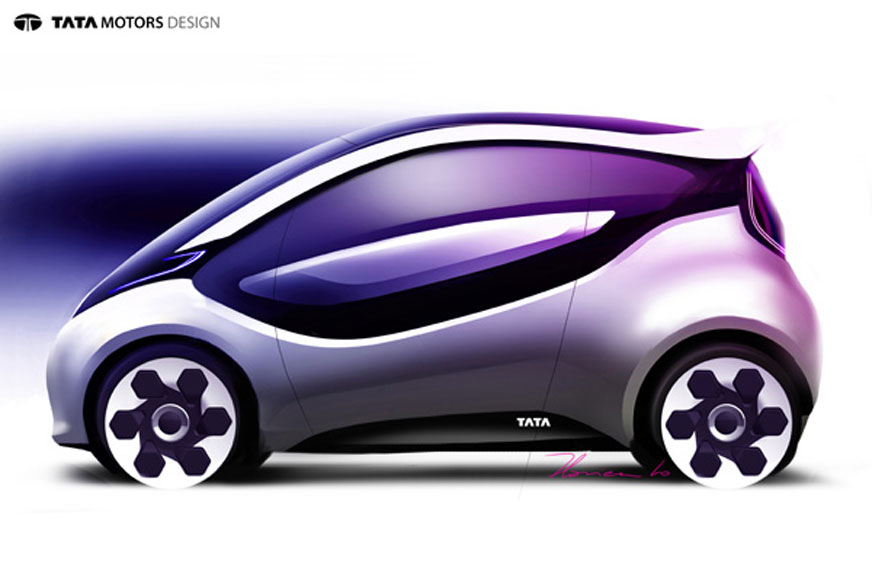
Tata Motors is actively working on switching to a dedicated electric vehicle (EV) platform sometime in the not so immediate future. The carmaker believes this will give it a crucial advantage when it comes to space, lowering costs and optimising systems.
Currently the most committed player in the Indian EV space, Tata Motors has already come out with its first EV targeted at private car buyers.The Tata Nexon EV is the Indian car market's first sub-Rs 15 lakh electric car that comes with a practical ARAI certified range of 312km. The Nexon EV, however, is based on one of Tata's legacy platforms (X1), and its next-gen electric cars will also be based on a shared platform. The first of these will be the Altroz EV, based on the recently introduced ALFA architecture, and the next one that follows will be based on Tata's sub-compact SUV, the HBX.
As the costs of batteries go below 150 or 140USD per kWh, and once electric cars start going mainstream, Tata is likely to move to a more dedicated EV platform. The advantages of this are many. Unlike an IC platform that's been adapted to take an electric motor and battery, a dedicated EV platform is designed from a clean sheet of paper. This allows designers and engineers to do away with space, hardware, and systems dedicated to a combustion engine.
As a result dedicated EV platforms have more compact and aerodynamic bonnets, there’s no space dedicated for an exhaust system as on a car with a combustion engine, and then, the large cavity for the fuel tank isn't created in the first place. This allows engineers to prioritise stuff like the placement of the battery between the wheels, lowering the material cost of the electric car chassis and simplifying systems.
In creating its own dedicated EV platform, Tata is also sure to leverage its newly acquired platform engineering skills. Using lessons learned on the ALFA architecture will be essential in keeping costs down. And then what should drive down costs further is that the Tata Group is also in the process of getting into battery and even cell manufacture with sister company Tata Chemicals, the latter looking at replacing rare and expensive materials that go into the battery and motor with more affordable locally sourced ones. One thing’s for sure, Tata Motors, currently in the lead when it comes to affordable EVs, seem determined to hold onto it.
Also see:
Tata Motors’ electric car portfolio set to expand with Altroz EV launch
Tata Sierra EV concept unveiled at Auto Expo 2020
from Autocar India - News https://ift.tt/38icnzk

0 comments:
Post a Comment